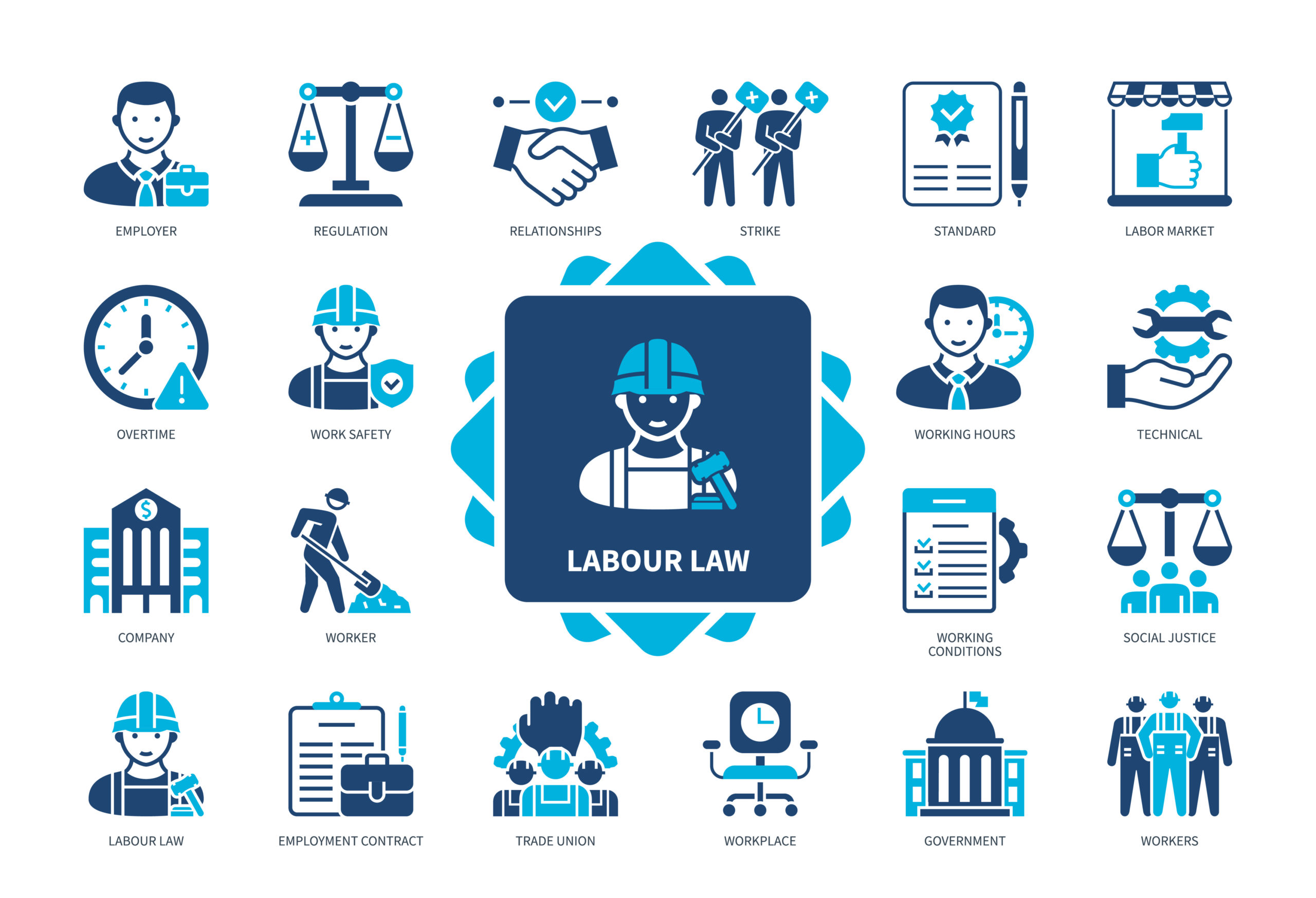Recently, we saw the Labour Party under new Prime Minister Keir Starmer oust Rishi Sunak and the Tories from government and take leadership in the UK with a landslide victory. Changes can be expected, new paths will be forged, but what does the incoming government mean for the UK manufacturing industry?
The Labour Party has not specifically detailed its plans for the manufacturing industry or offered overtly clear guidance - apart from alluding to advanced manufacturing as an area of strength and making pledges regarding funding for the automative and steel sectors – but central to their vision, as recorded in their manifesto, seems to be a robust industrial strategy focused on fostering economic growth, stability and sustainability. This is initially evidenced by Labour’s decision to cap corporation tax at 25% for the first five years of government, and to have no more than
one fiscal event per year, but let’s delve deeper into some of the other proposed policies outlined in the Labour Party’s manifesto, pre-election, and how they might affect manufacturing.
-
National Wealth Fund
One of the main cornerstones of the new Labour government, they pledge, will be the creation of a
National Wealth Fund. This will use public investment to increase private investment, so for every £1 of public investment, the fund hopes to attract £3 of private investment. This fund will be key to Labour's strategy to drive economic growth and create jobs in future industries, supporting transformative investments across the UK, and could be promising for the manufacturing industry in terms of dynamic investment and employment expansion.
-
Delivering clean power by 2030
This pledge aims to position the UK as a leader in renewable energy, including electric vehicle production and hydrogen technology, both commitments towards making Britain a ‘clean energy superpower’. As part of this mission, Labour is planning to collaborate with the private sector to double onshore wind, triple solar power and quadruple offshore wind by 2030, which would have net-positive implications for British manufacturing. There are also plans for a new energy company, Great British Energy, which will have a planned £8.3 billion ploughed into it over the course of parliament. Green energy already provides numerous benefits to the UK manufacturing industry, including reduced costs,
increased sustainability, enhanced brand reputation, effective risk management and a swell in the sector's overall competitiveness.
-
Harnessing data for public good
This involves using data and AI to spur innovation and improve public services, but also to increase productivity. The use of AI in the UK manufacturing industry is already significantly boosting efficiency, productivity and innovation when we consider the benefits of predictive maintenance, streamlined production processes, quality control and product development – so this is an area to keep a close eye on when it comes to government initiatives driving the trend for digital transformation.
-
Job creation
Labour has committed to creating 650,000 new jobs in future-oriented industries such as clean energy and advanced manufacturing. This is part of their broader aim to reinvigorate the UK’s industrial sector and enhance productivity, something the manufacturing industry would eagerly welcome, of course.
-
Partnership with business and trade unions
This strategy emphasises collaboration with private enterprises, civil society and trade unions to foster a fairer and greener future. This partnership approach is designed to ensure that economic benefits are widely shared and sustainable and that the state works collaboratively with the private sector on long-term policies – an approach that could prove instrumental to the future of manufacturing.
-
Policy consistency
Labour promises to provide a stable and predictable policy framework to allow businesses to plan and invest with confidence. This includes placing the Industrial Strategy Council on a statutory footing to ensure long-term policy stability - and including experts from industry and academia. The challenge will be ensuring chosen partners are genuinely representative of the broad and diverse nature of UK manufacturing.
These initiatives reflect Labour's proposed commitment to transforming the UK in response to its economic and environmental challenges, while promoting sustainable growth and job creation. It seems the new government is set on a balanced approach, not radical transformation, and the signal towards a more interventionist route suggests we should expect more public investment. Of course, we must watch this space to see what the proposals from Keir Starmer and his Labour government mean in detail for the UK manufacturing industry, but we approach this new horizon with great interest.
Other blogs which may be of interest:
Smart manufacturing - The hottest topic
Manufacturing recruitment challenges in 2024
Need further advice? Contact Chris Buchholz today on 07842 021430 or by email, Chris.Buchholz@ascendbroking.co.uk.








